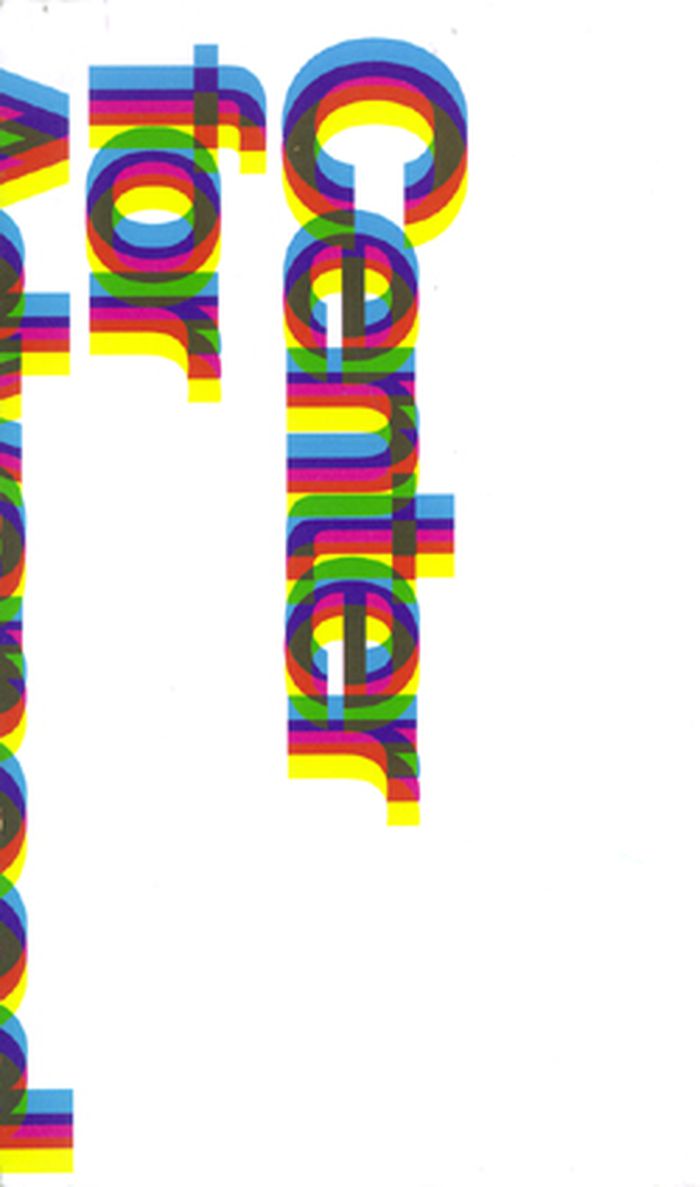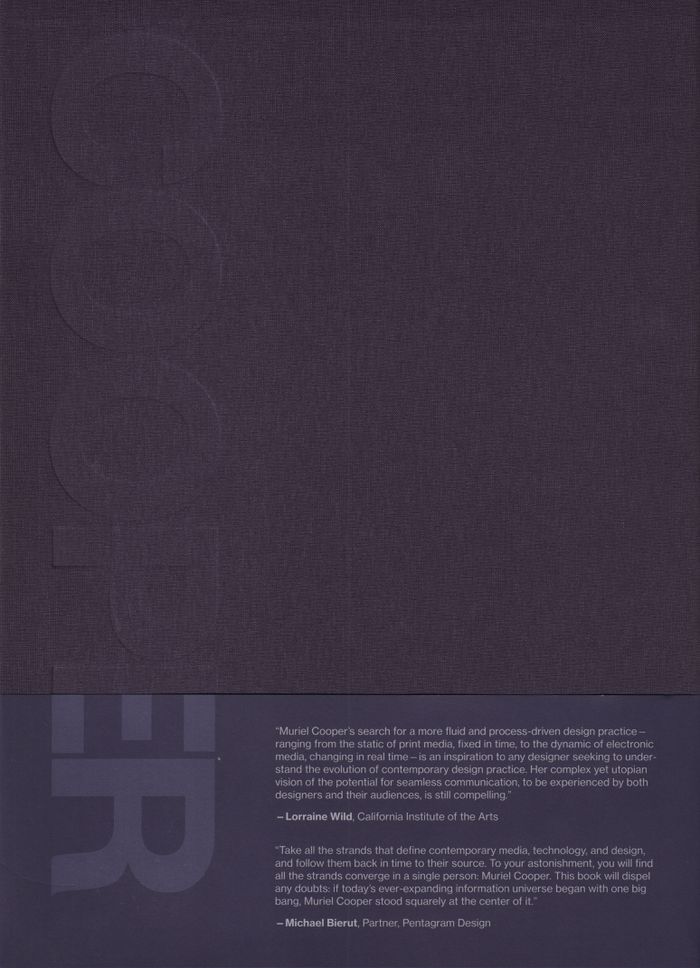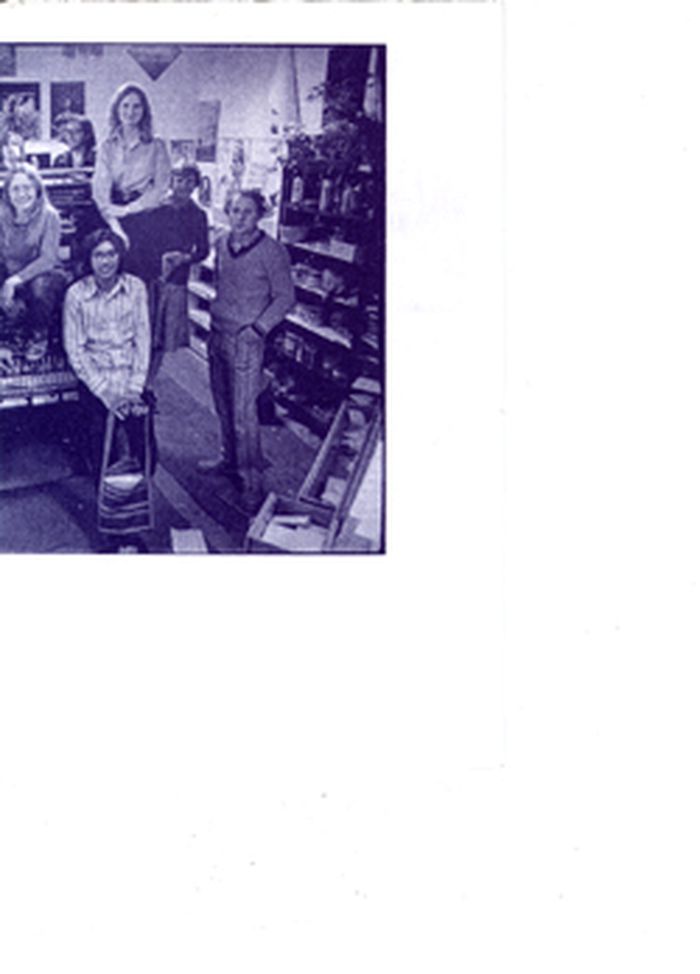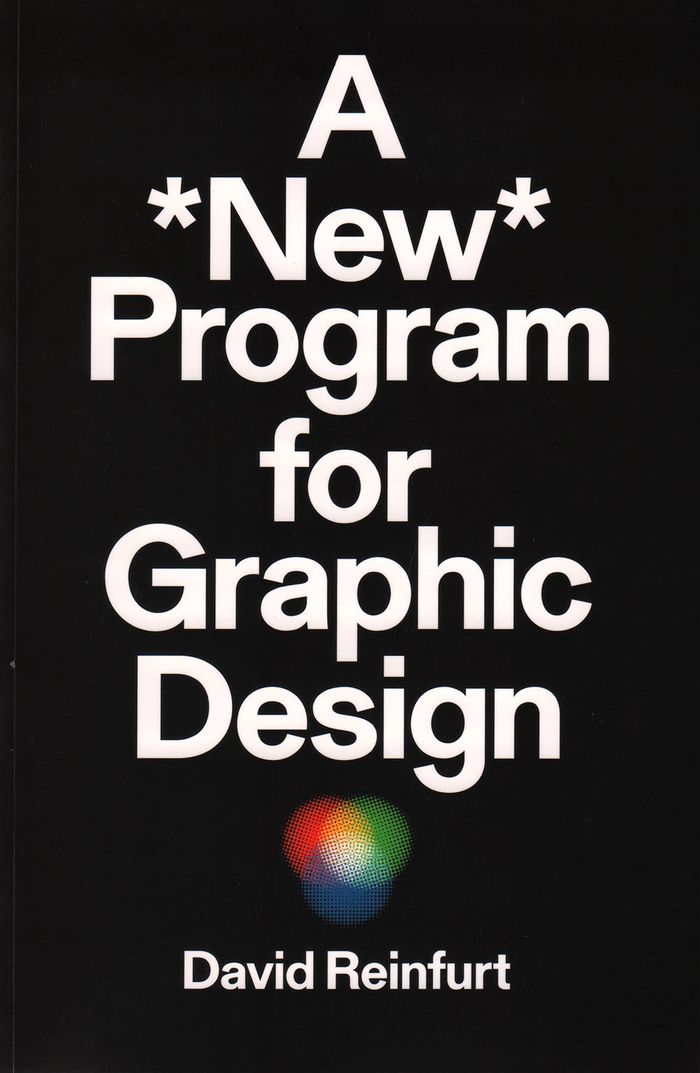$15.00
(disponible en magasin)
Résumé:
The Center for Advanced Visual Studies is a fellowship program that commissions and produces new artworks at MIT. We facilitate exchange between internationally known and emerging contemporary artists and MIT’s faculty, students, and staff through public events, support for long-term art projects, and residencies for MIT students. This small book collects flyers for(...)
Center for advanced visual studies
Actions:
Prix:
$15.00
(disponible en magasin)
Résumé:
The Center for Advanced Visual Studies is a fellowship program that commissions and produces new artworks at MIT. We facilitate exchange between internationally known and emerging contemporary artists and MIT’s faculty, students, and staff through public events, support for long-term art projects, and residencies for MIT students. This small book collects flyers for public events and a sampling of pictures from four years of programming. http://cavs.mit.edu
Théorie de l’art
Muriel Cooper
$76.50
(disponible sur commande)
Résumé:
Muriel Cooper (1925–1994) was the pioneering designer who created the MIT Press colophon (or logo)—seven bars that represent the lowercase letters “mitp” as abstracted books on a shelf. She designed a modernist monument, the encyclopedic volume The Bauhaus (1969), and the controversial first edition of Learning from Las Vegas (1972). She used an offset press as an(...)
septembre 2017
Muriel Cooper
Actions:
Prix:
$76.50
(disponible sur commande)
Résumé:
Muriel Cooper (1925–1994) was the pioneering designer who created the MIT Press colophon (or logo)—seven bars that represent the lowercase letters “mitp” as abstracted books on a shelf. She designed a modernist monument, the encyclopedic volume The Bauhaus (1969), and the controversial first edition of Learning from Las Vegas (1972). She used an offset press as an artistic tool, worked with a large-format Polaroid camera, and had an early vision of e-books. Cooper began her four-decade career at MIT by designing printed flyers for the Office of Publications; her final projects were digital. This illustrated volume documents Cooper’s career in abundant detail, with prints, sketches, book covers, posters, mechanicals, student projects, and photographs, from her work in design, teaching, and research at MIT.
$2.00
(disponible sur commande)
Résumé:
Muriel Cooper designed the MIT Press logo and became the first Design Director of MIT Press in 1967, remaining through 1974. The Visual Language Workshop was founded in 1976, as a "unique interdisciplinary graphics laboratory, to explore verbal and visual communication as information and as art on both personal and public levels".
This stands as a sketch for the future: Muriel Cooper and the Visible Language Workshop
Actions:
Prix:
$2.00
(disponible sur commande)
Résumé:
Muriel Cooper designed the MIT Press logo and became the first Design Director of MIT Press in 1967, remaining through 1974. The Visual Language Workshop was founded in 1976, as a "unique interdisciplinary graphics laboratory, to explore verbal and visual communication as information and as art on both personal and public levels".
$34.95
(disponible sur commande)
Résumé:
Through a series of in-depth historical case studies and assignments that progressively build in complexity, 'A New Program for Graphic Design' serves as a practical guide both for designers and for undergraduate students coming from a range of other disciplines. Synthesizing the pragmatic with the experimental, and drawing on the work of Max Bill, Beatrice Warde, Muriel(...)
A new program for graphic design
Actions:
Prix:
$34.95
(disponible sur commande)
Résumé:
Through a series of in-depth historical case studies and assignments that progressively build in complexity, 'A New Program for Graphic Design' serves as a practical guide both for designers and for undergraduate students coming from a range of other disciplines. Synthesizing the pragmatic with the experimental, and drawing on the work of Max Bill, Beatrice Warde, Muriel Cooper and Stewart Brand (among many others),, it builds upon mid- to late-20th-century pedagogical models to convey contemporary design principles in an understandable form for students of all levels — treating graphic design as a liberal art that informs the dissemination of knowledge across all disciplines.



